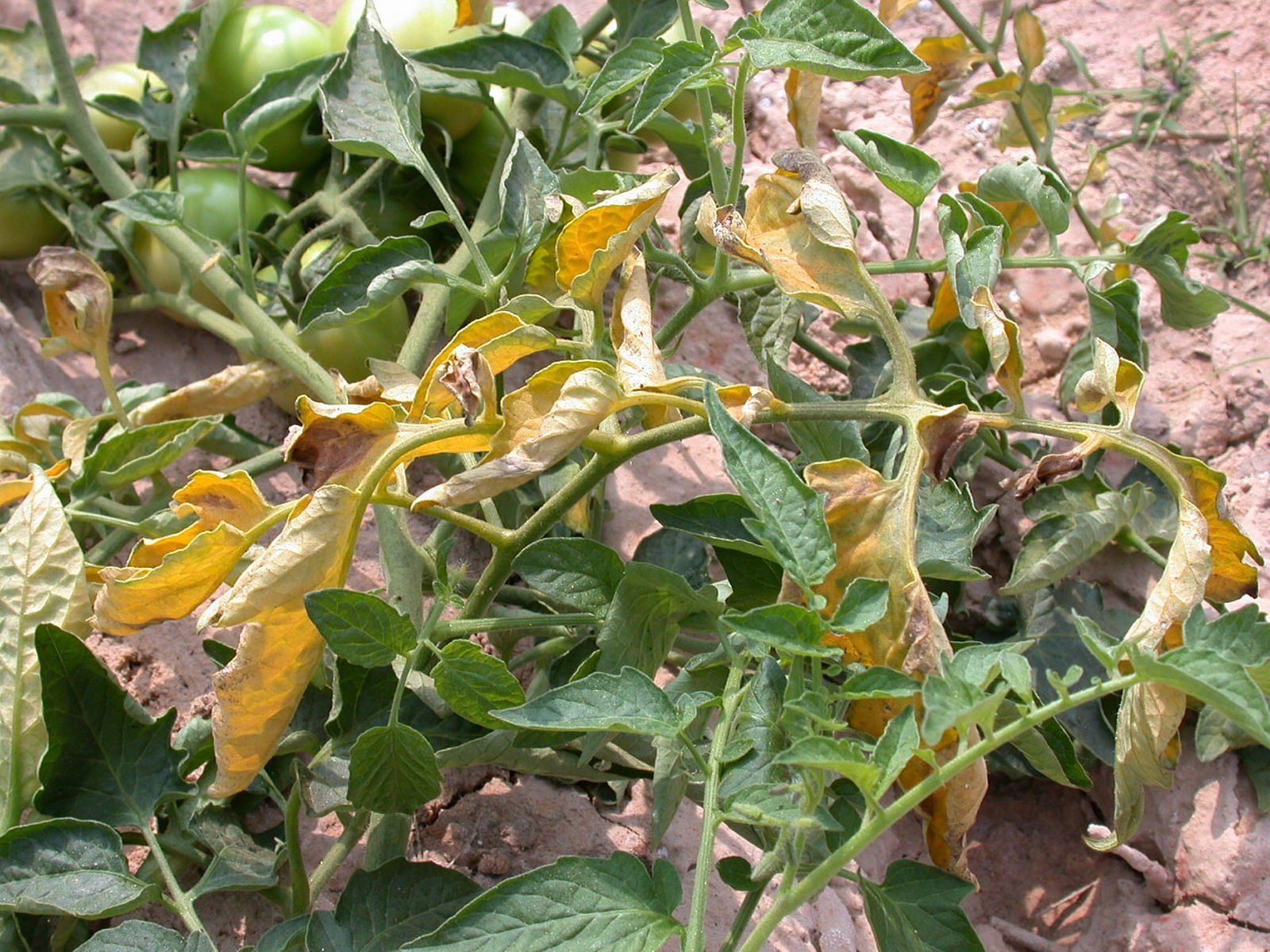Respect for your privacy is our priority
The cookie is a small information file stored in your browser each time you visit our web page.Cookies are useful because they record the history of your activity on our web page. Thus, when you return to the page, it identifies you and configures its content based on your browsing habits, your identity and your preferences.
You may accept cookies or refuse, block or delete cookies, at your convenience. To do this, you can choose from one of the options available on this window or even and if necessary, by configuring your browser.
If you refuse cookies, we can not guarantee the proper functioning of the various features of our web page.
For more information, please read the COOKIES INFORMATION section on our web page.


 Biocontrol has been promoted as an alternative to pesticides for decades, and the market for biocontrol products continues to grow. Biocontrol, as defined by the USDA National Institute of Food and Agriculture, is “the deliberate use of natural enemies - predators, parasites, pathogens, and competitors to suppress and maintain populations of a target pest species (insects, mites, weeds, plant pathogens, and other pest organisms).”
Biocontrol has been promoted as an alternative to pesticides for decades, and the market for biocontrol products continues to grow. Biocontrol, as defined by the USDA National Institute of Food and Agriculture, is “the deliberate use of natural enemies - predators, parasites, pathogens, and competitors to suppress and maintain populations of a target pest species (insects, mites, weeds, plant pathogens, and other pest organisms).”  “Until we can convincingly demonstrate that biocontrol can work as effectively as synthetic pesticides and return economic gains, biocontrol will continue to be perceived by risk-averse growers as a risky and high-cost practice,” said Seogchan Kang, one of the faculty members.
“Until we can convincingly demonstrate that biocontrol can work as effectively as synthetic pesticides and return economic gains, biocontrol will continue to be perceived by risk-averse growers as a risky and high-cost practice,” said Seogchan Kang, one of the faculty members.


























